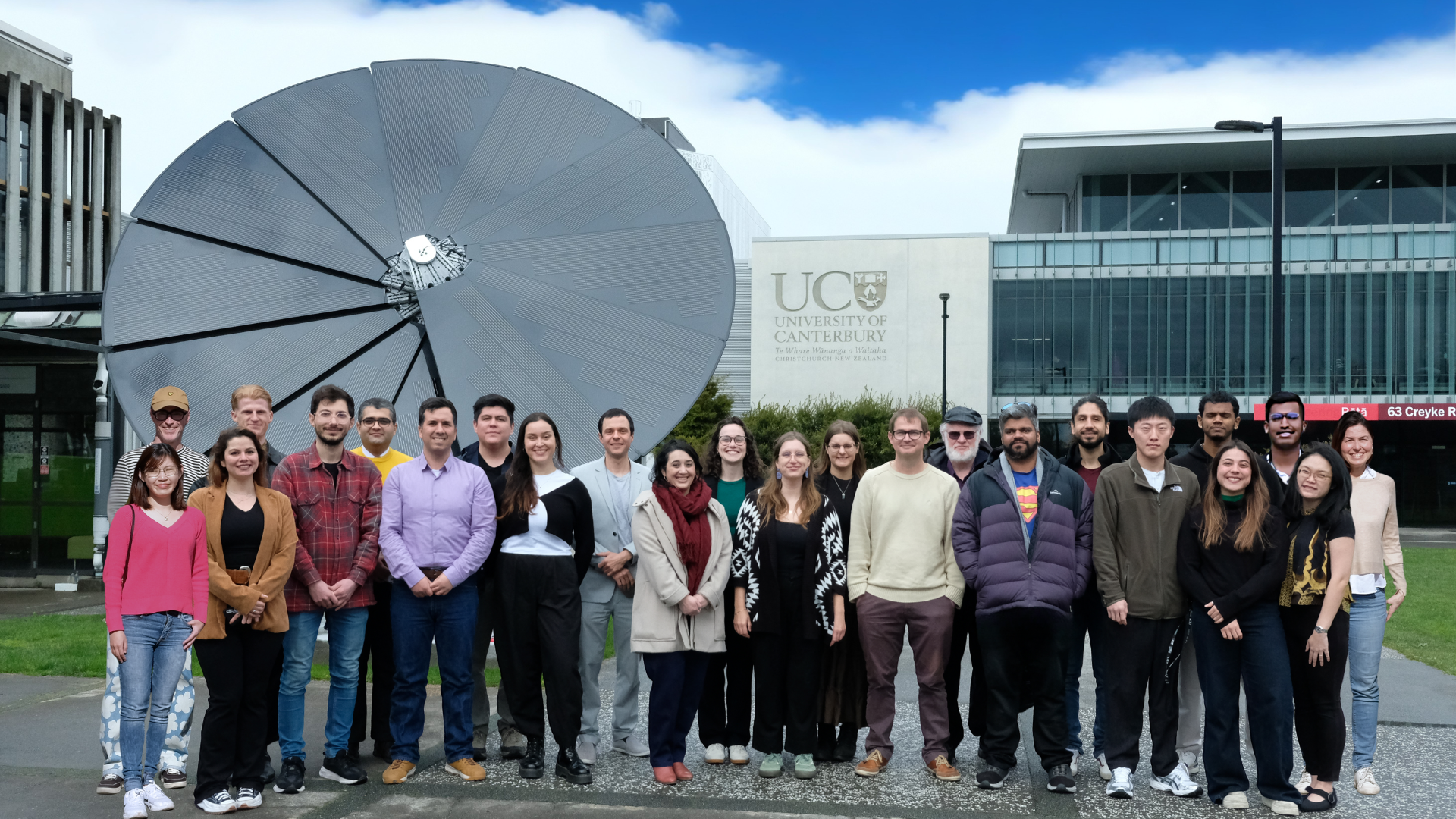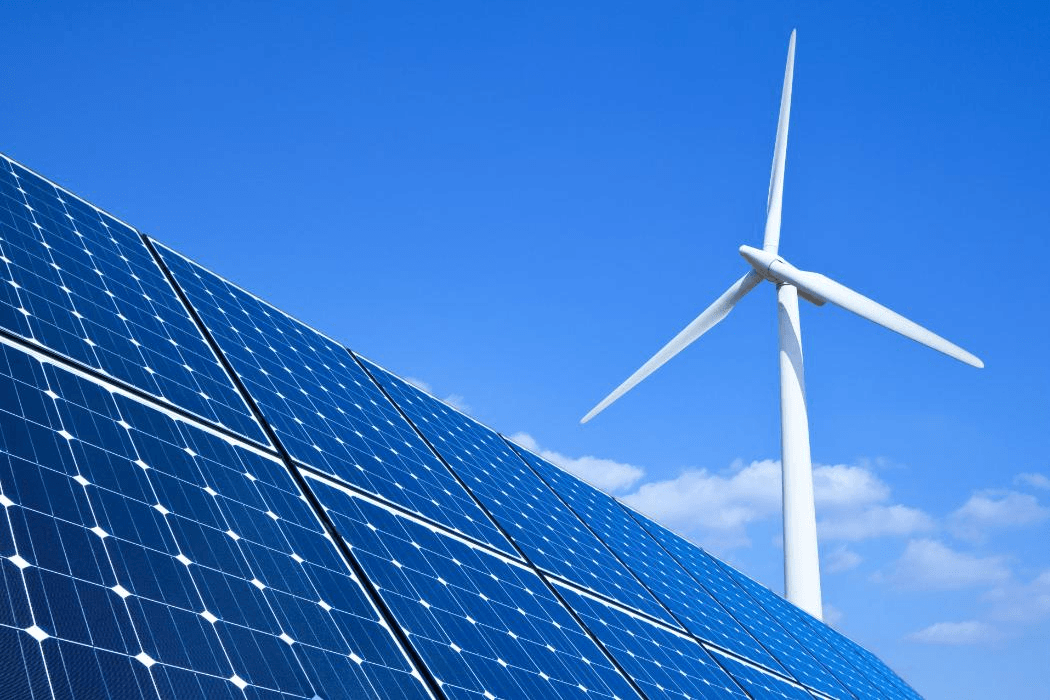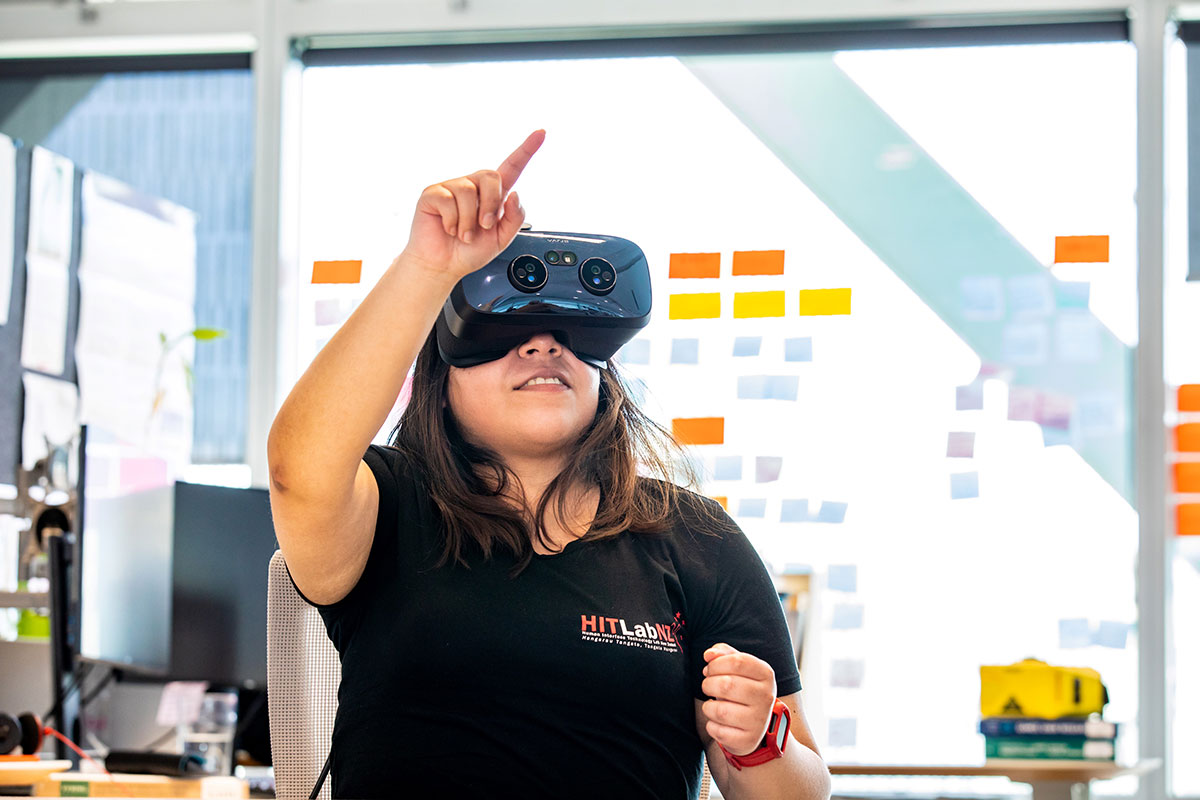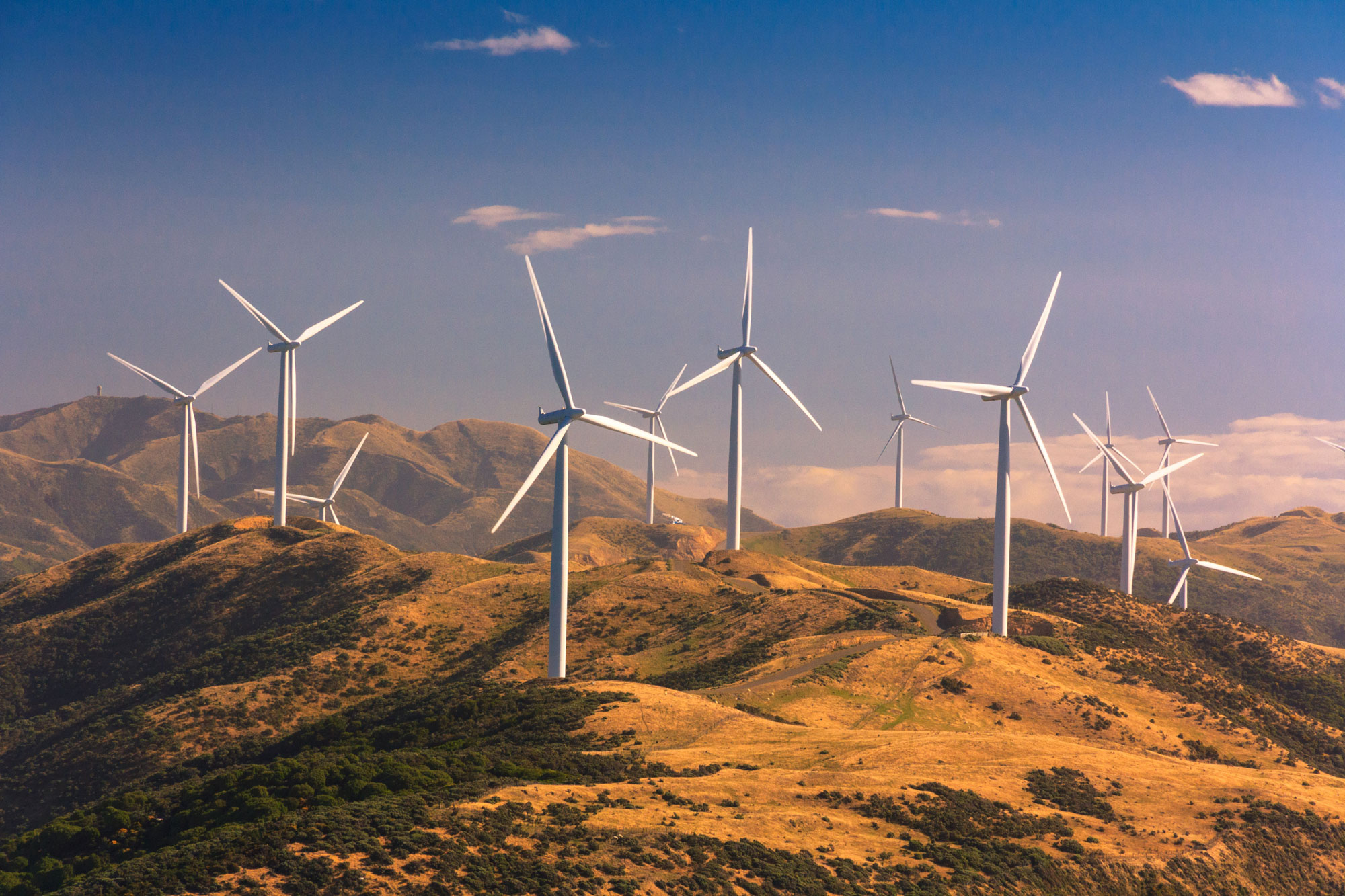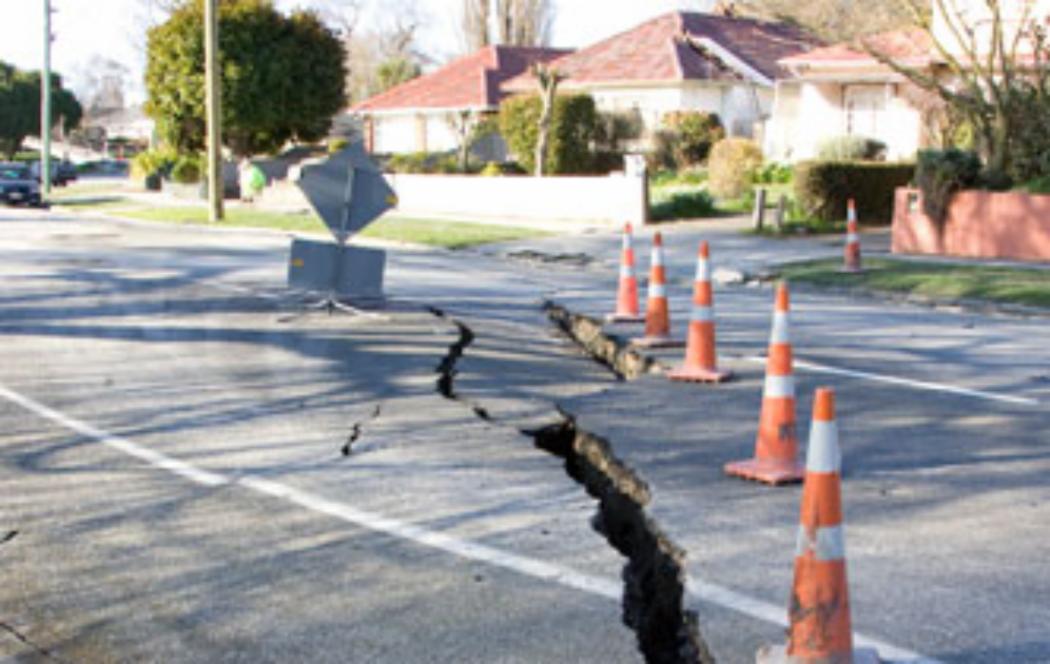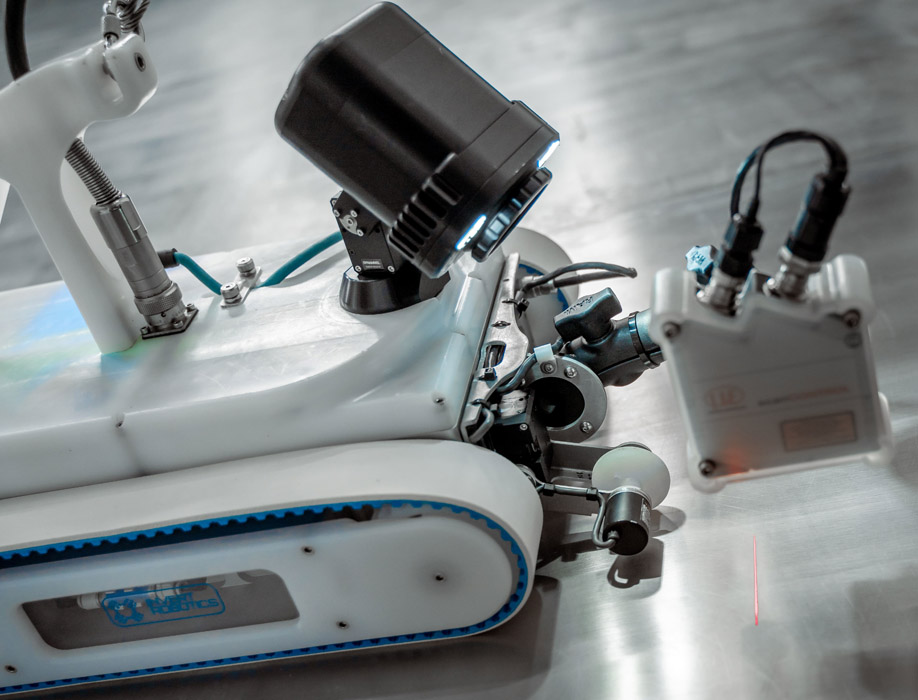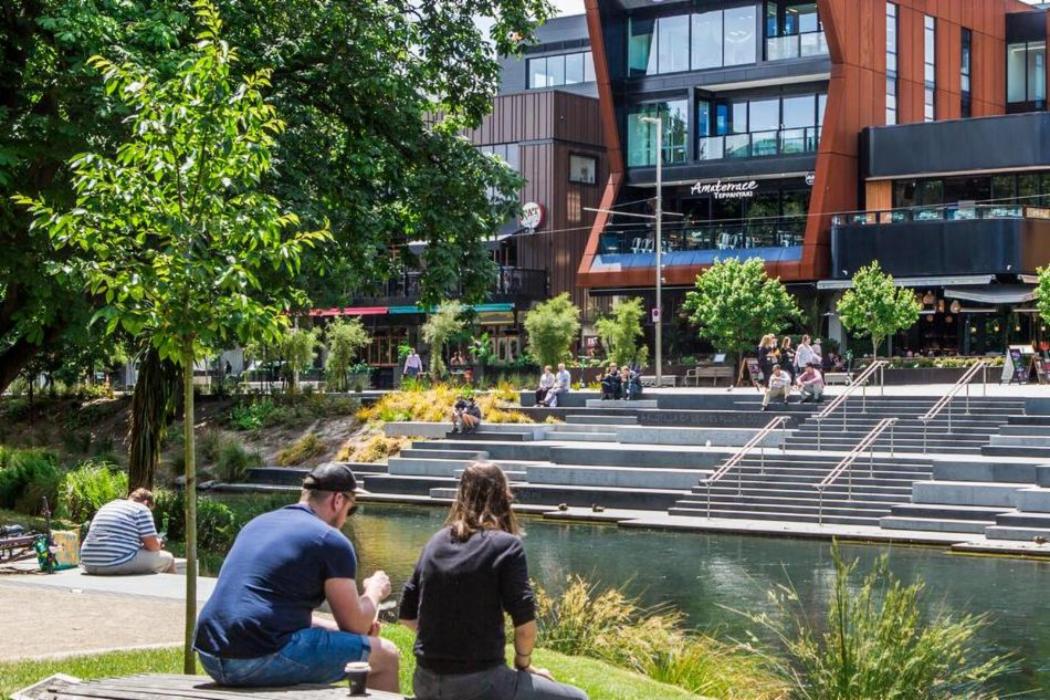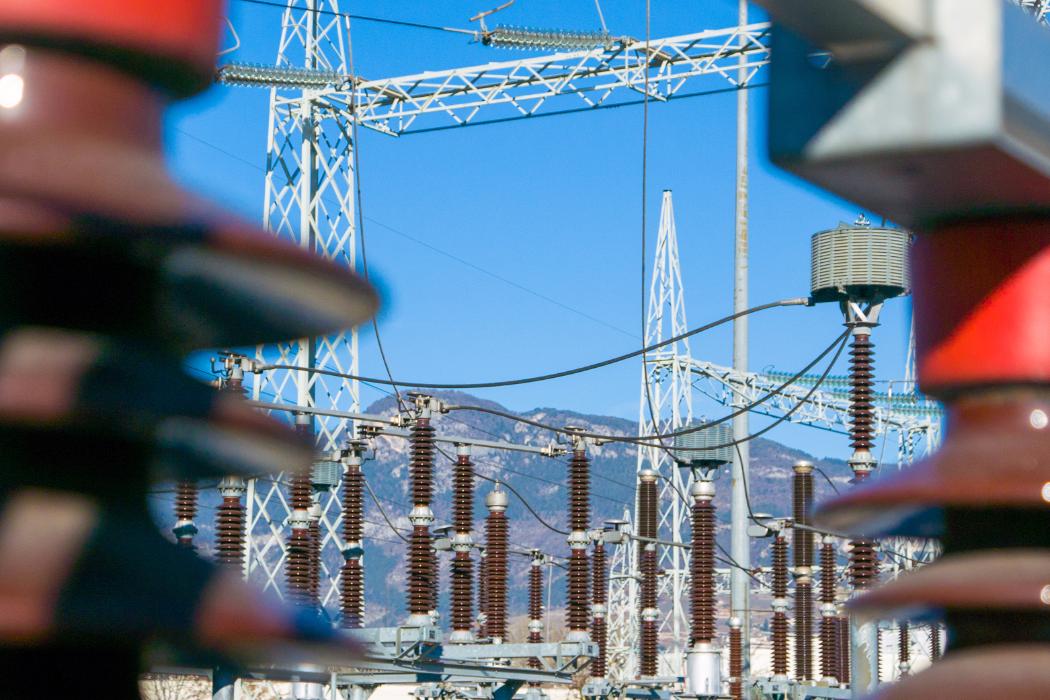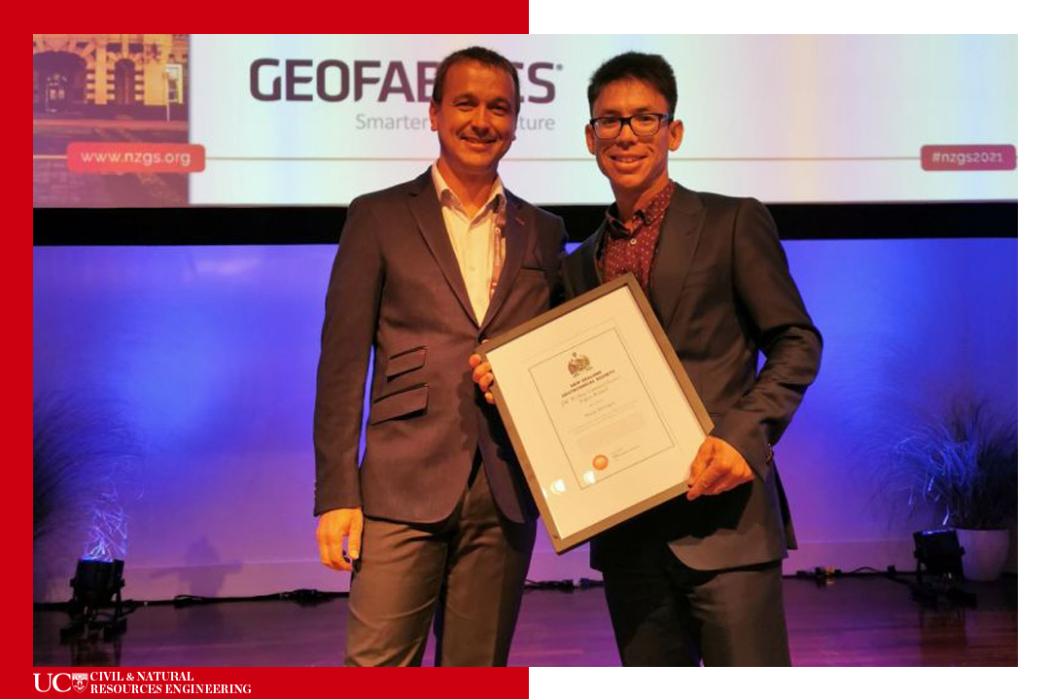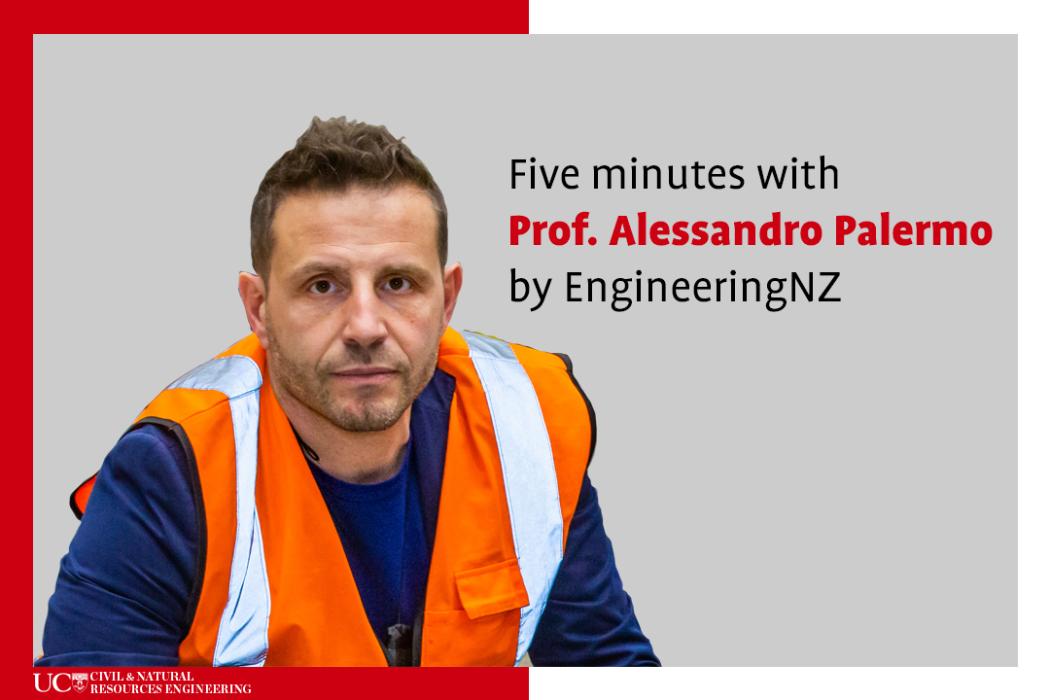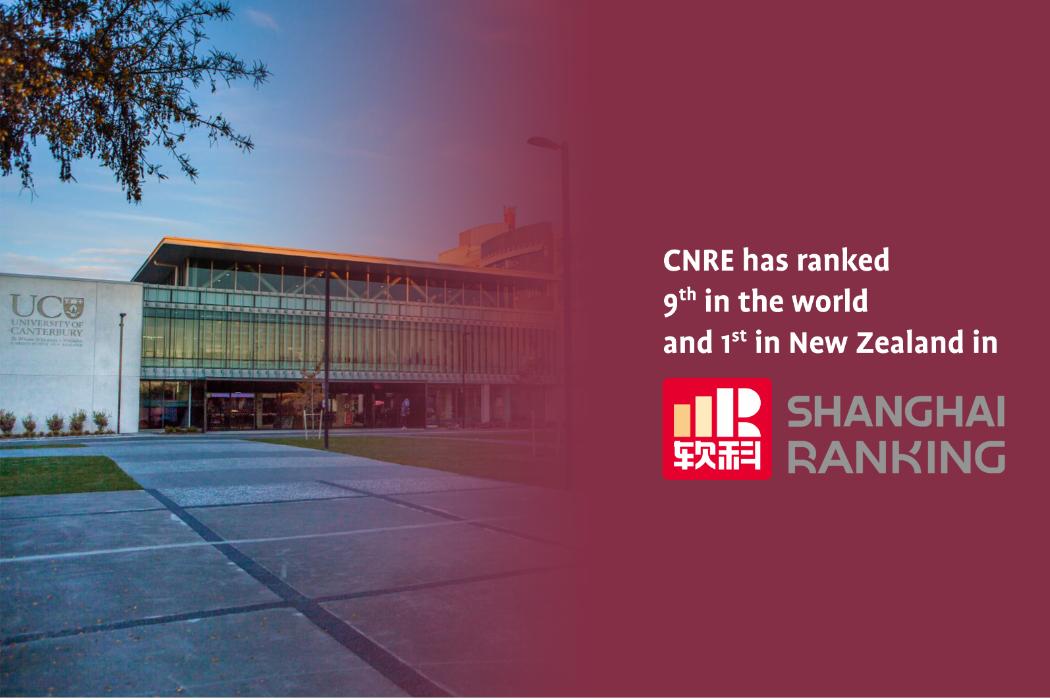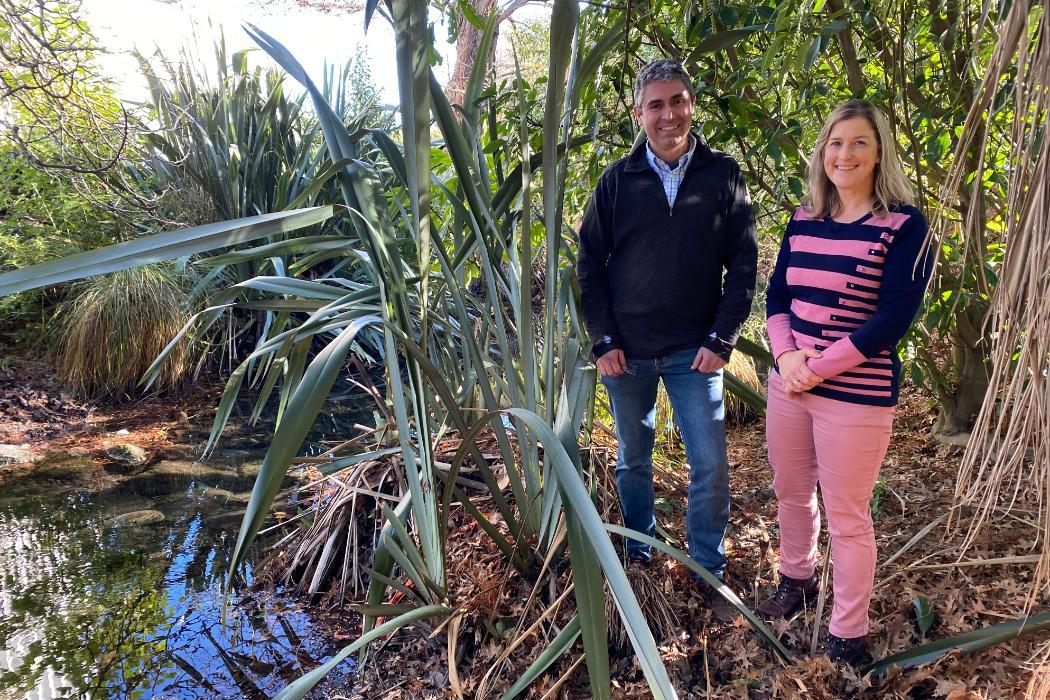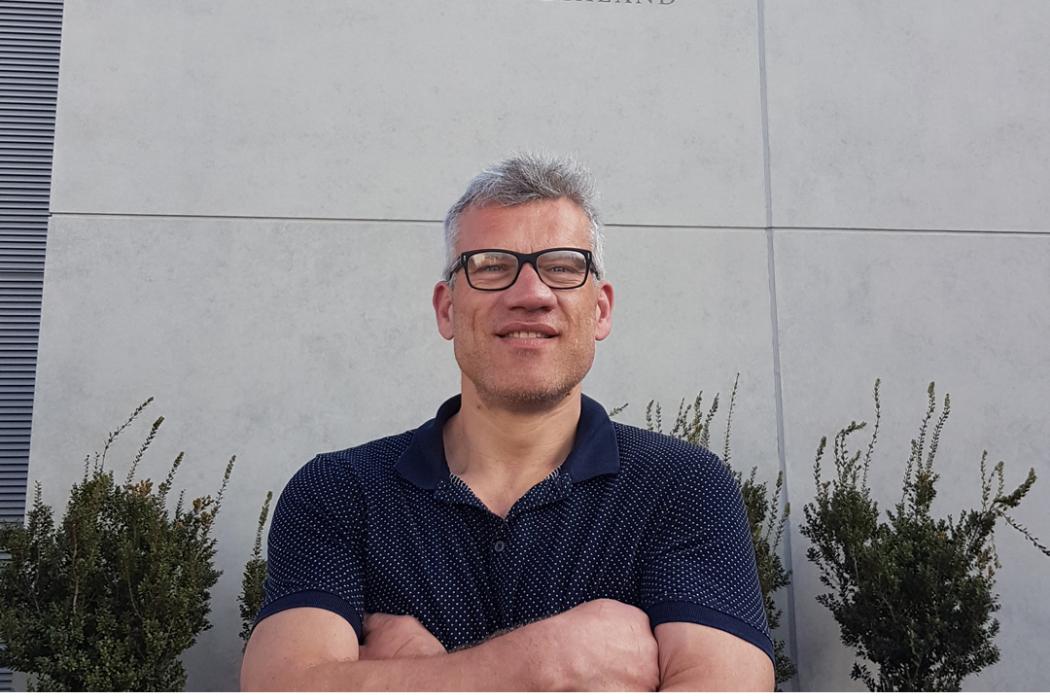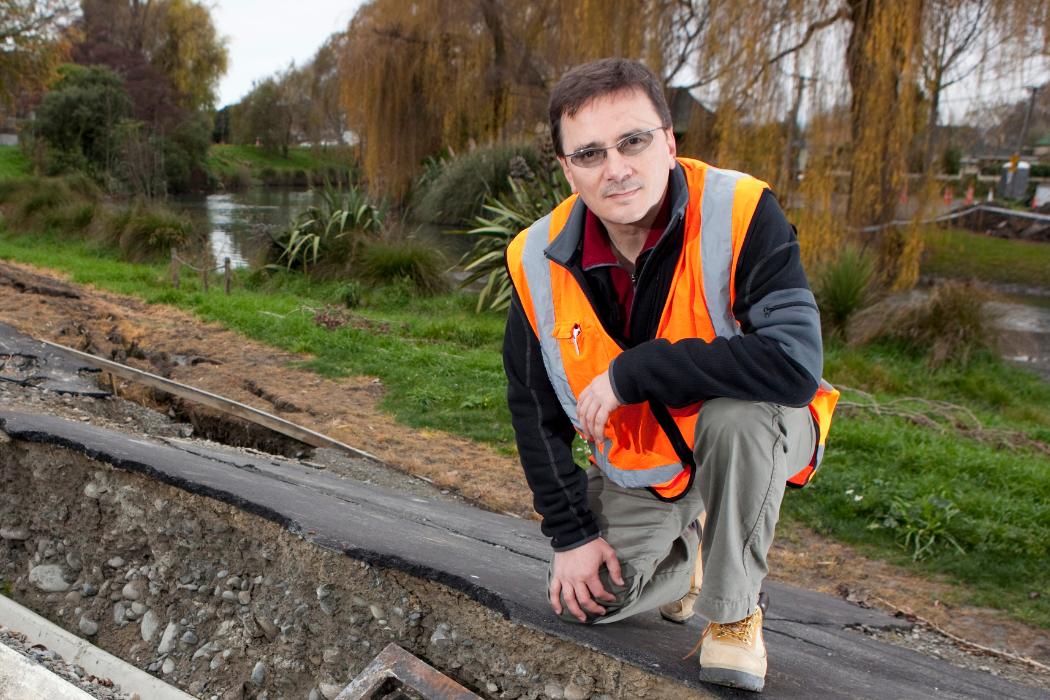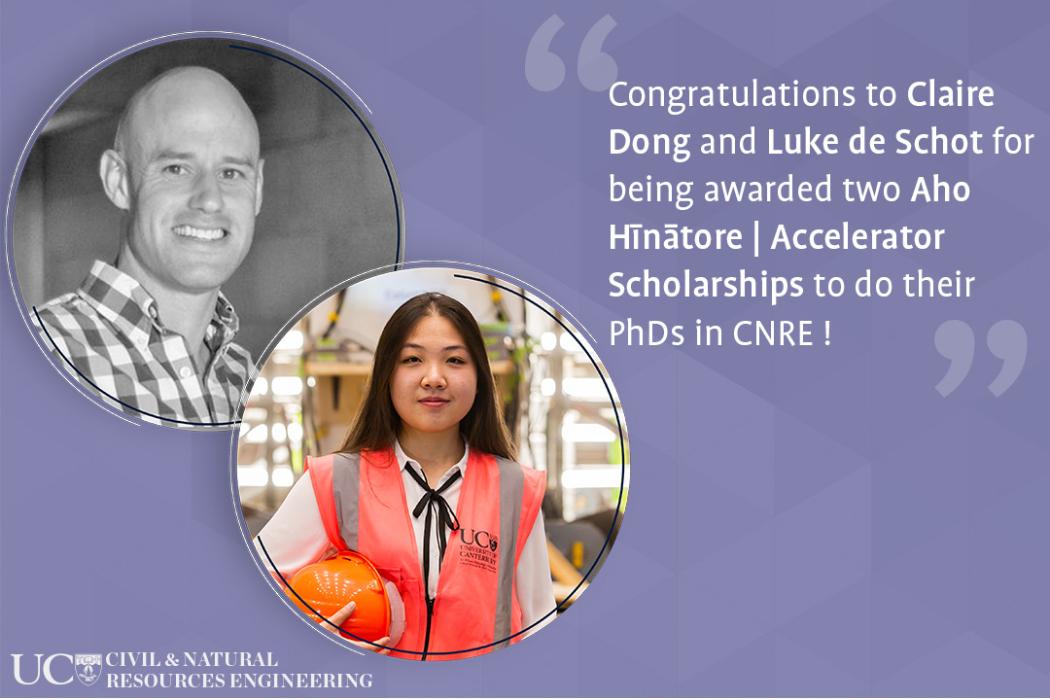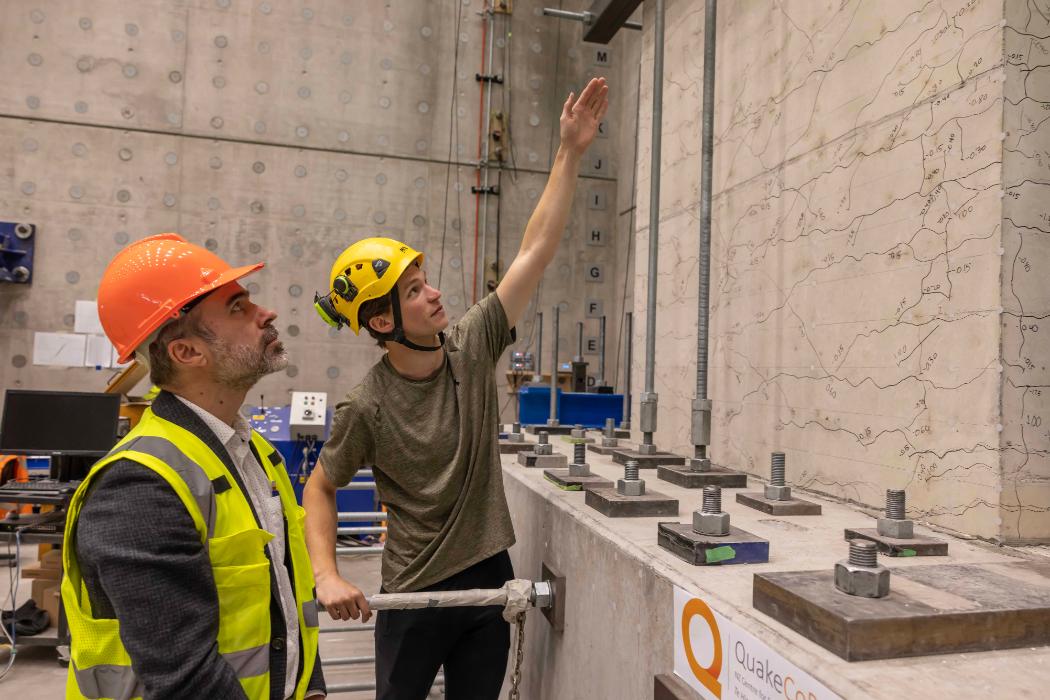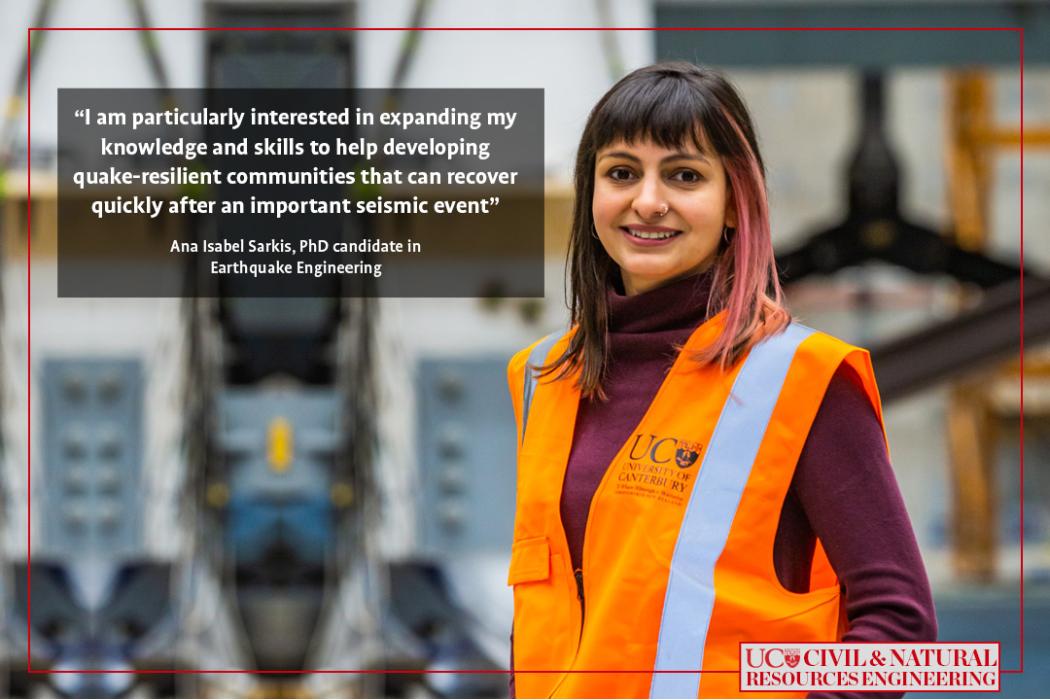Dr. Rebecca Peer, formerly at Stanford. Lectures Energy, Policy, and Society. Researches sustainable energy systems.
Study Renewable Energy Engineering at the undergraduate, Master's, or PhD level.
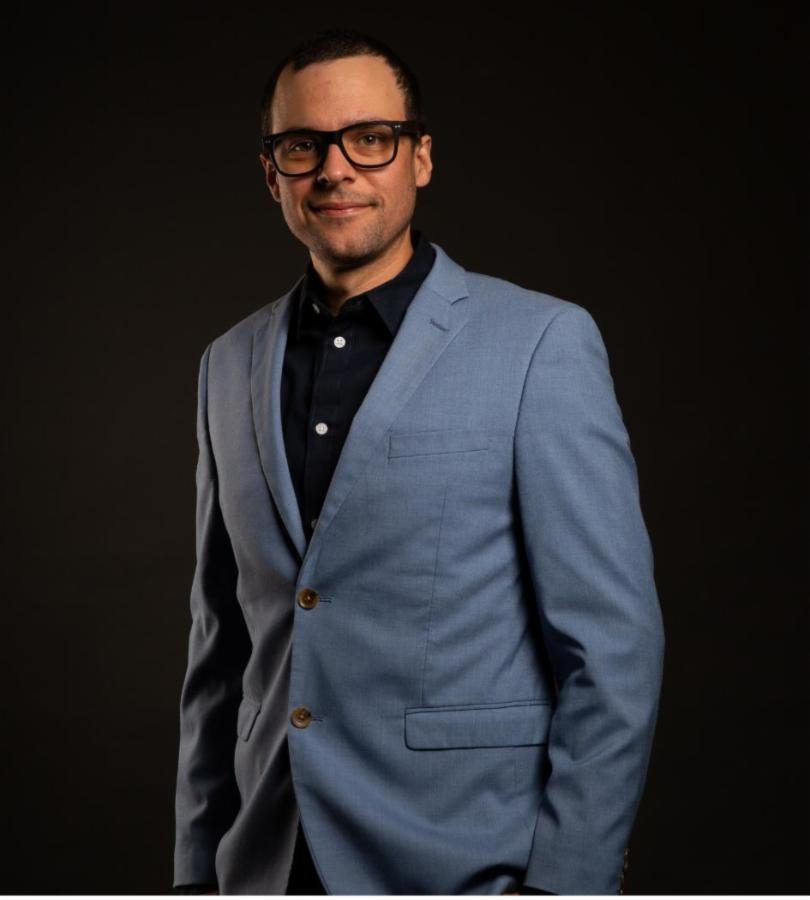
"Building the energy transition is likely humanity's largest infrastructure challenge. It also is our opportunity to make energy clean and cheap!" Dr. Jannik Haas - Director of Renewable Energy Engineering Postgraduate Programmes.
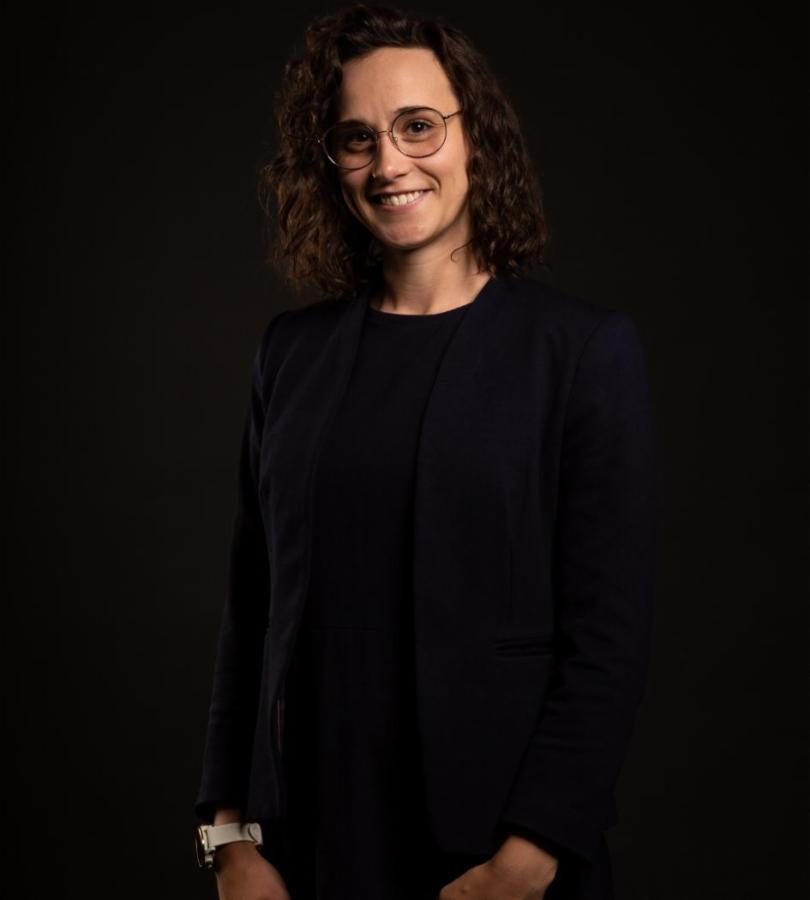
"Studying Renewable Energy opens the door to many careers, like an energy analyst, policy advisor, solar or wind engineer, project manager, or sustainability officer." Dr. Rebecca Peer - Deputy Director of Renewable Energy Engineering Postgraduate Programmes.
Worldwide, jobs in the renewable energy sector have grown from 7 million in 2012 to 16.2 million in 2023 (IRENA, 2024) and are expected to grow further to 100 million by 2030 (gridX, 2023). This growth signals immense career opportunities for individuals ready to join the energy transition.
Become a specialist in renewable energy by enrolling in our courses, or pursue postgraduated studies via our Master’s or PhD programmes, your chance to be part of this exciting change.
Why study Renewable Energy Engineering UC?
- The Renewable Energy Engineering programmes are directed by the Department of Civil and Environmental Engineering, consistently ranked in the top 50 globally (top 41, Shanghai 2023; top 11, Shanghai 2022).
- UC was ranked 61st in the world for global impact in the 2025 Times Higher Education (THE) for contributions aligned with the UN Sustainable Development Goals (SDGs). UC is the top-ranked university in New Zealand for three SDGs: 11: Sustainable Cities and Communities , 12: Responsible Consumption and Production , 14: Life Below Water.
- Instructors in UC’s Faculty of Engineering include researchers with experience at premier international institutions (e.g., Stanford University, German Aerospace Center, ETH, and University of Cambridge).
- UC’s engineering degrees are fully accredited and internationally portable, allowing graduates to work globally.
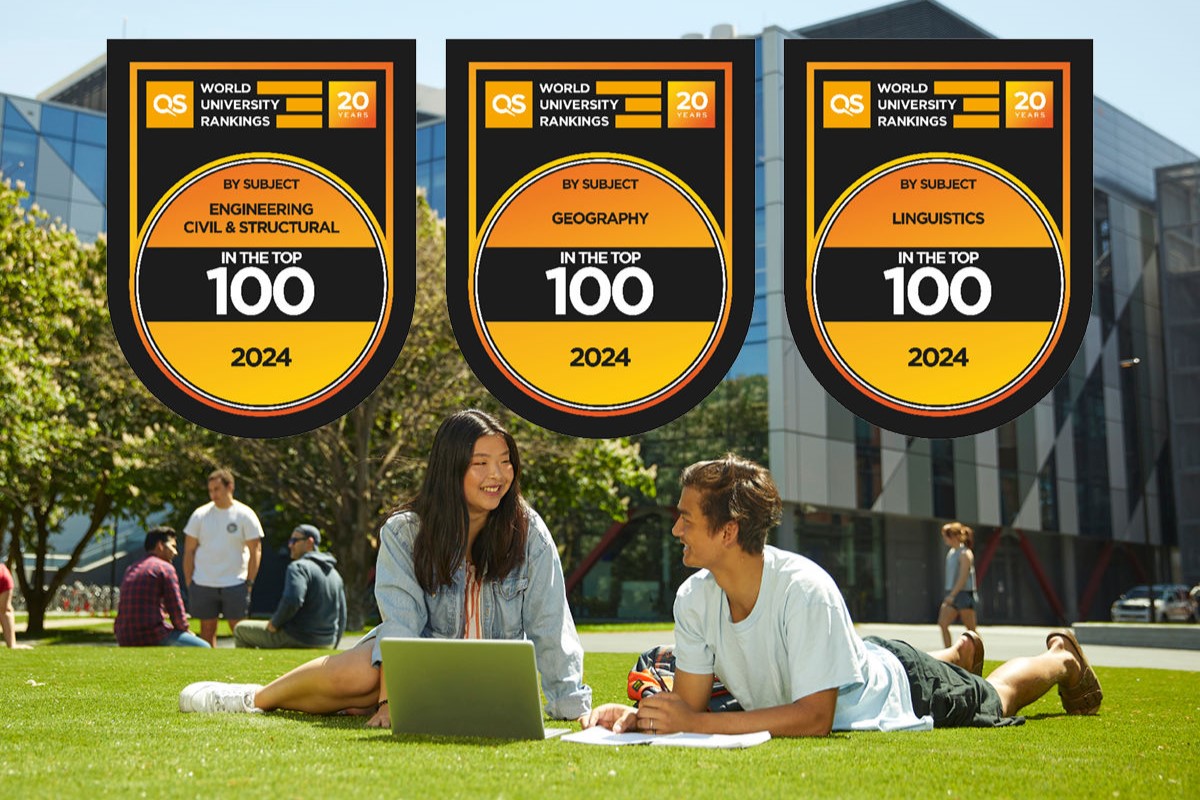
UC is consistently ranked in the top 2% globally and top 50 in global impacts on Climate Action and Sustainable Cities and Communities (SDG Rankings).
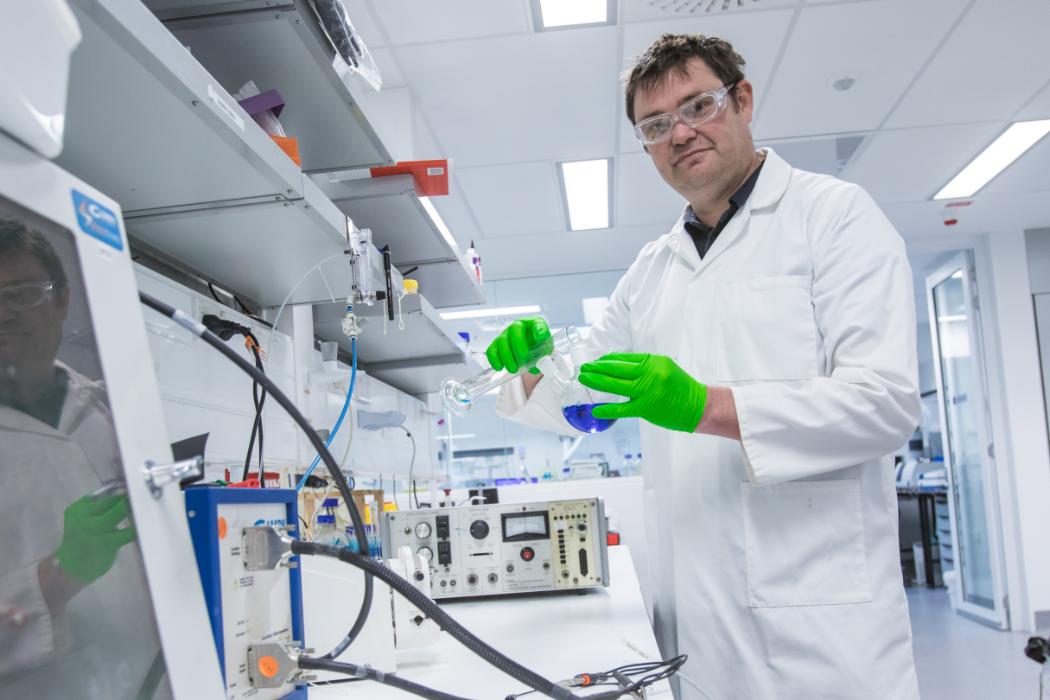
World-class instructors in designing future energy systems and technologies, reflected in over 50 million dollars of funding they have recently attracted.
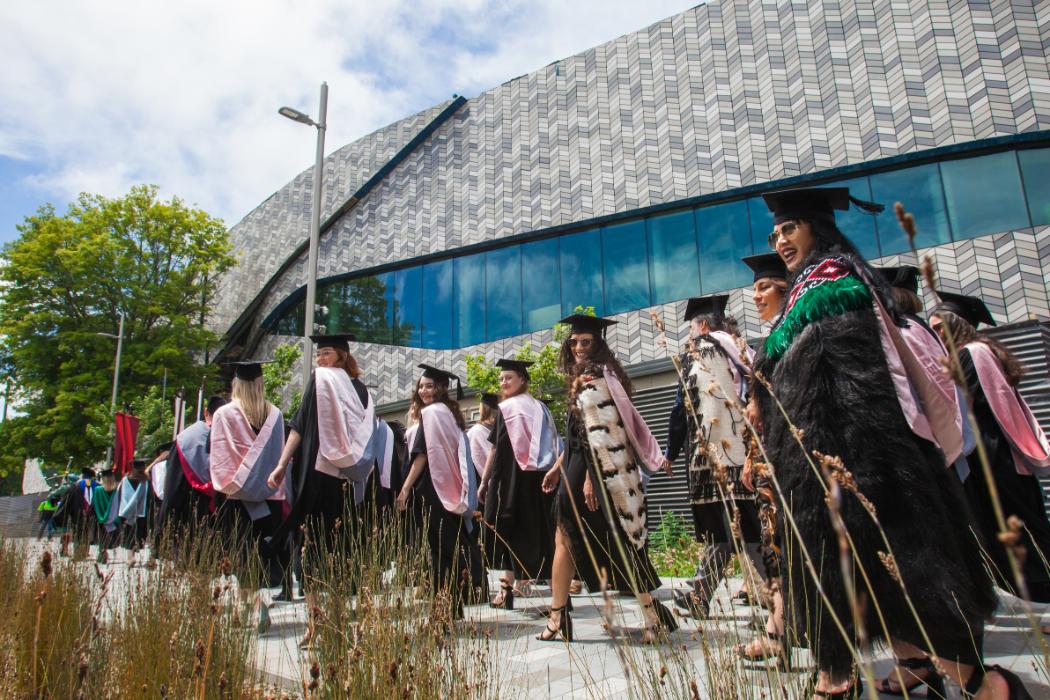
Check your elegibility for a wide range of scholarships for Undergraduate, Masters or PhD level to support local and international students at UC.
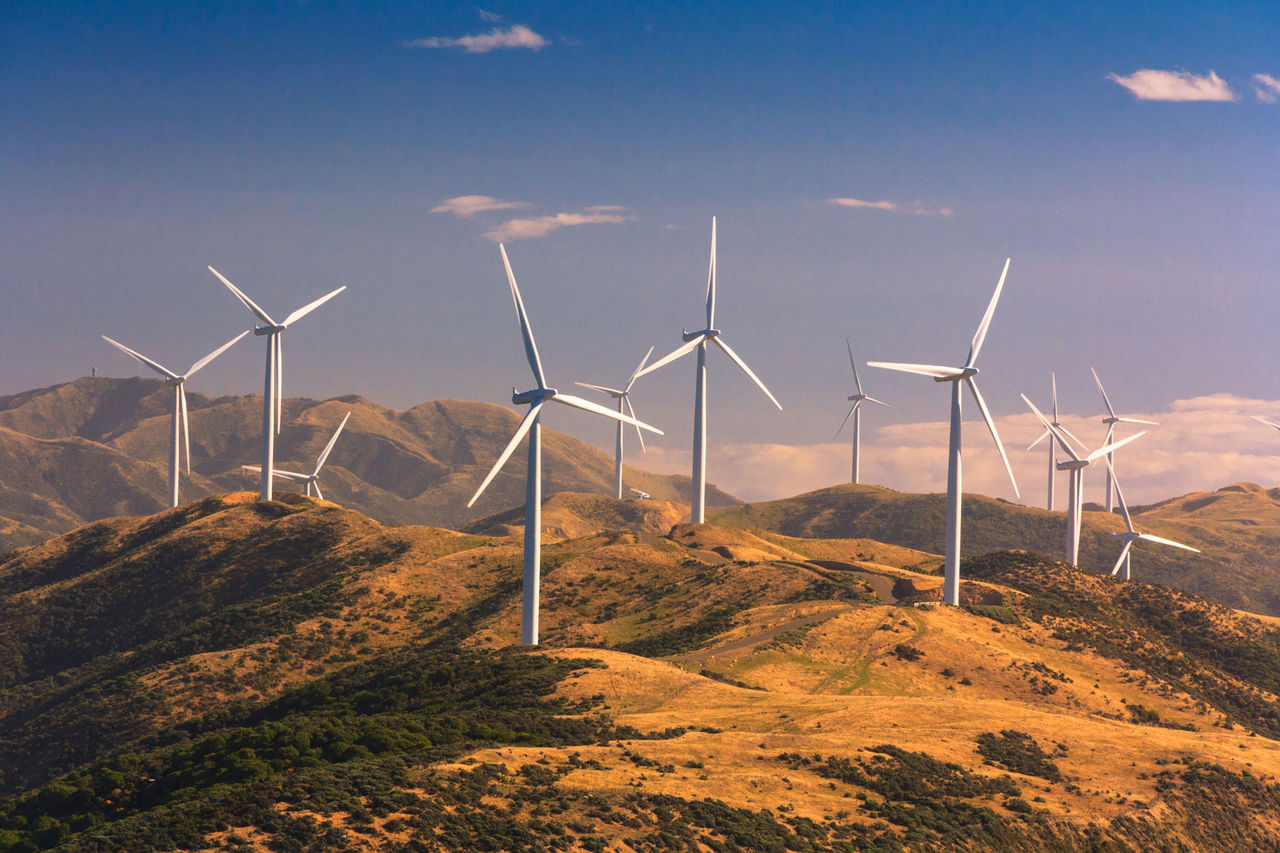
Our graduates get exciting jobs as policy advisors, transmission system operators, solar system designers, energy analysts, sustainability consultants, and more. Salaries in NZ ranges from $95,000 to $100,000
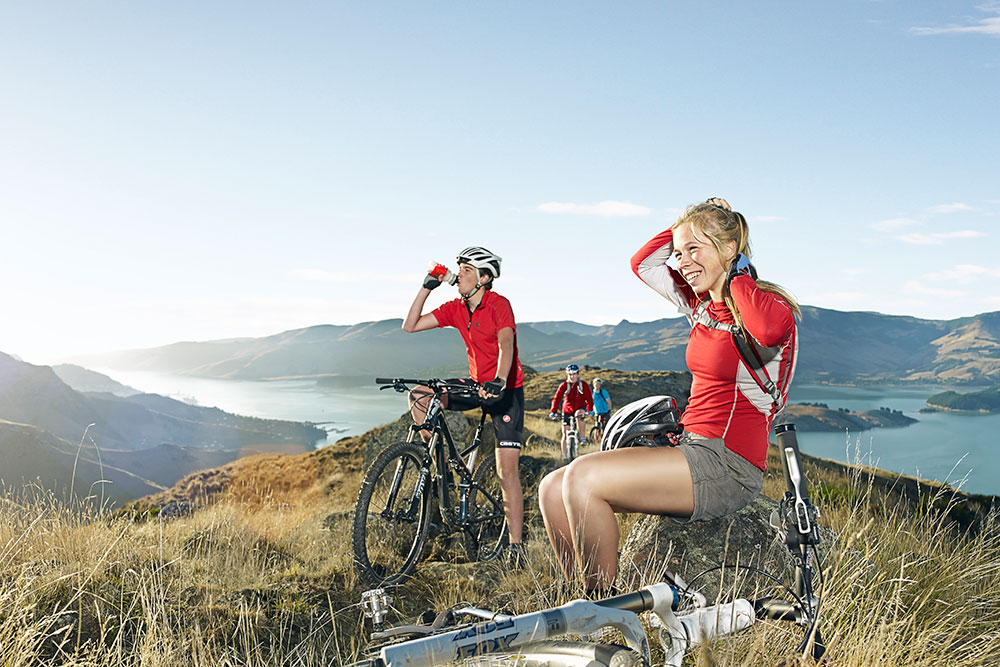
Hike, bike, kayak, swim! Our students and staff love to explore the beaches, mountains, and rivers close to Christchurch, the second-largest city in New Zealand.

Christchurch is among the top 100 Best Student Cities globally (QS, 2025) and has outstanding biking infrastructure. It is 10% cheaper than Auckland and 35% cheaper than Sydney.
Find out more about our courses, as well as the Master and PhD programmes in renewable energy engineering.
Renewable energy and sustainable technologies are part of most of UC's undergraduate engineering degrees. At Civil and Natural Resources Engineering, we offer the following courses, which you can choose as electives during your undergraduate studies:
- ENCN423 Sustainable Energy Technologies
- ENCN401 Engineering in Developing Communities
- ENGR621 Energy Policy and Society
- ENCN623 Energy Systems Modelling and Analysis
- ENTR614 Planning and Design of Sustainable Transport
- ENGR682 Energy Project
- ENAE605 Sustainable Building Design Practice
- ENAE610 Building Sustainability Assessment
You can also take courses from other engineering departments.
Overview
Help shape our future energy systems and policy by becoming a Master in the area of renewable energy. This one-year programme is designed to be flexible to meet your needs.
The programme is directed by the Department of Civil and Environmental Engineering, which is consistently ranked in the top 50 globally (top 41, Shanghai 2023; top 11, Shanghai 2022).
Many other engineering departments teach into the programme. Overall, the University of Canterbury is consistently ranked in the top 2% globally (Rankings UC, 2024), and does particularly well (top 50 globally) in the Impacts Ranking related to Climate Action, Sustainable Cities and Communities, and Responsible Consumption and Production (SDG Rankings UC, 2024).
Our students come from a wide range of engineering and science backgrounds and other areas like economics, energy, architecture, business and management, public policy, and international development.
Our graduates get exciting jobs. For example, we have graduates working as policy advisors (e.g., Ministry for Foreign Affairs), transmission system operators (e.g., Transpower), solar system designers (e.g., Sunrun), energy analysts (e.g., Intelligent Energy Systems, Ember), or consultants.
The programme is officially called "Master of Engineering Studies endorsed in Renewable Energy". In other words, you will get a Master of Engineering specialised (endorsed) in Renewable Energy. "Studies" means it is course-based and not research-based.
Our courses
You need 8 courses to graduate. We offer many courses on renewable energy, such as:
- ENCN627 Renewable Energy Technologies or ENME605 Advanced Energy Systems Engineering
- ENGR621 Energy Policy and Society
- ENCN623 Energy Systems Modelling and Analysis
- ENEL667 Renewable Electricity System Design
- ENCH683 Advanced Energy Processing Technologies and Systems
- ENTR614 Planning and Design of Sustainable Transport
- ENGR682 Energy Project (this can be a research project at UC or a project at a company serving as entry to the job market)
Further electives inside and outside the Faculty of Engineering allow you to diversify your studies on energy systems, including courses from science, policy, psychology, economics, and others. Courses offered at UC can be searched here.
Scholarships
Many of our students get scholarships, e.g. Orion, Manaaki Scholarships, India High Achievers Scholarship or the Dean's Award. Further scholarships can be found here. Check if you are eligible.
Job opportunities
Postgraduate studies in renewable energy are a door opener. You could be looking at careers as an:
- Energy analyst
- Energy policy advisor
- Sustainable energy manager
- Solar or wind energy engineer
- Energy project director
- Sustainability professional
- Renewable energy technologist
Meet your Lecturers
World-class professors (we call them lecturers in New Zealand) teach into the programme. Along with other UC staff working on renewable energy, they have recently attracted over 50 million dollars of research funding and founded many startups. For example:


Dr. Jannik Haas, formerly at the German Aerospace Center. Lectures Energy Systems Modelling. Researches future energy systems.

Dr. David Dekenberger. Lectures Advanced Energy Systems Engineering and is the most prolific author in the existential/global catastrophic risk field.
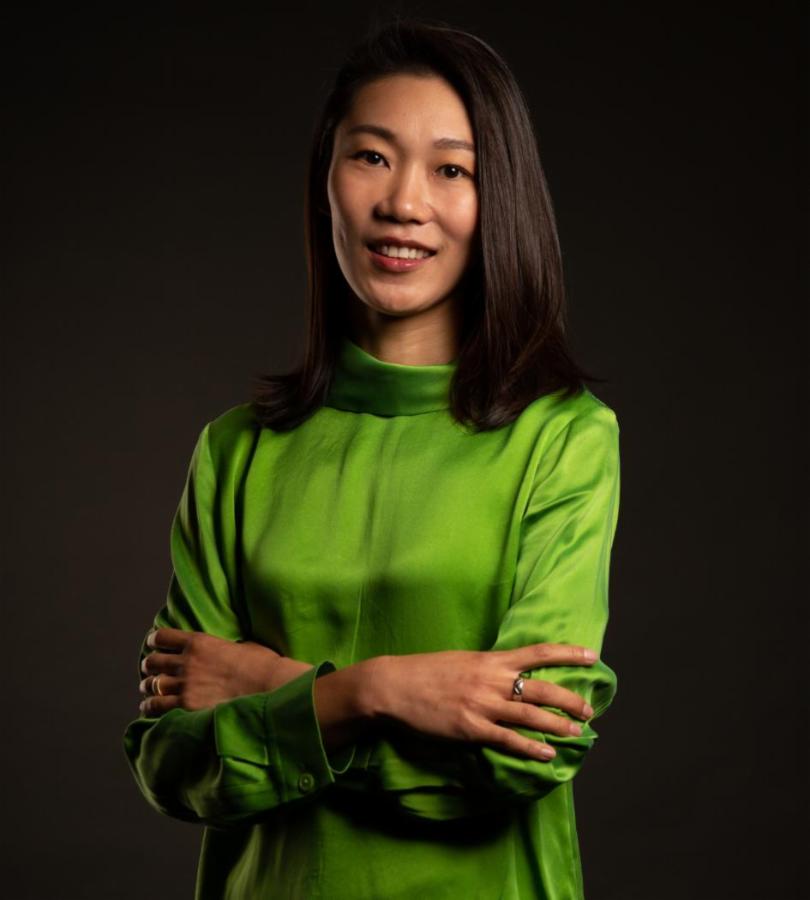
Dr. Yi Wang, formerly at ETH. Lectures Planning and Design of Sustainable Transport. Researches sustainable transport systems.
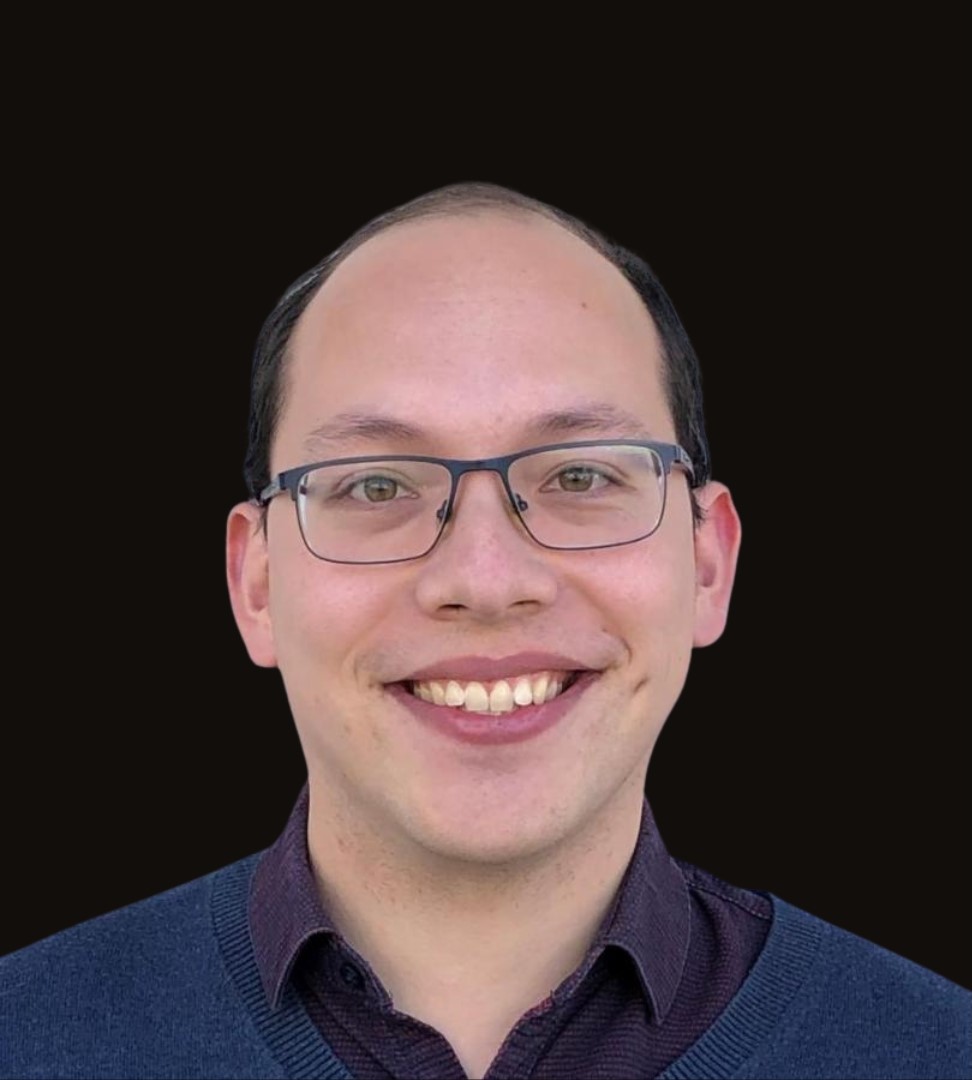
Dr. Jeremy Watson, formerly at Cambridge. Lectures Renewable Electricity System Design. Researches integration of renewable technologies into power grids.
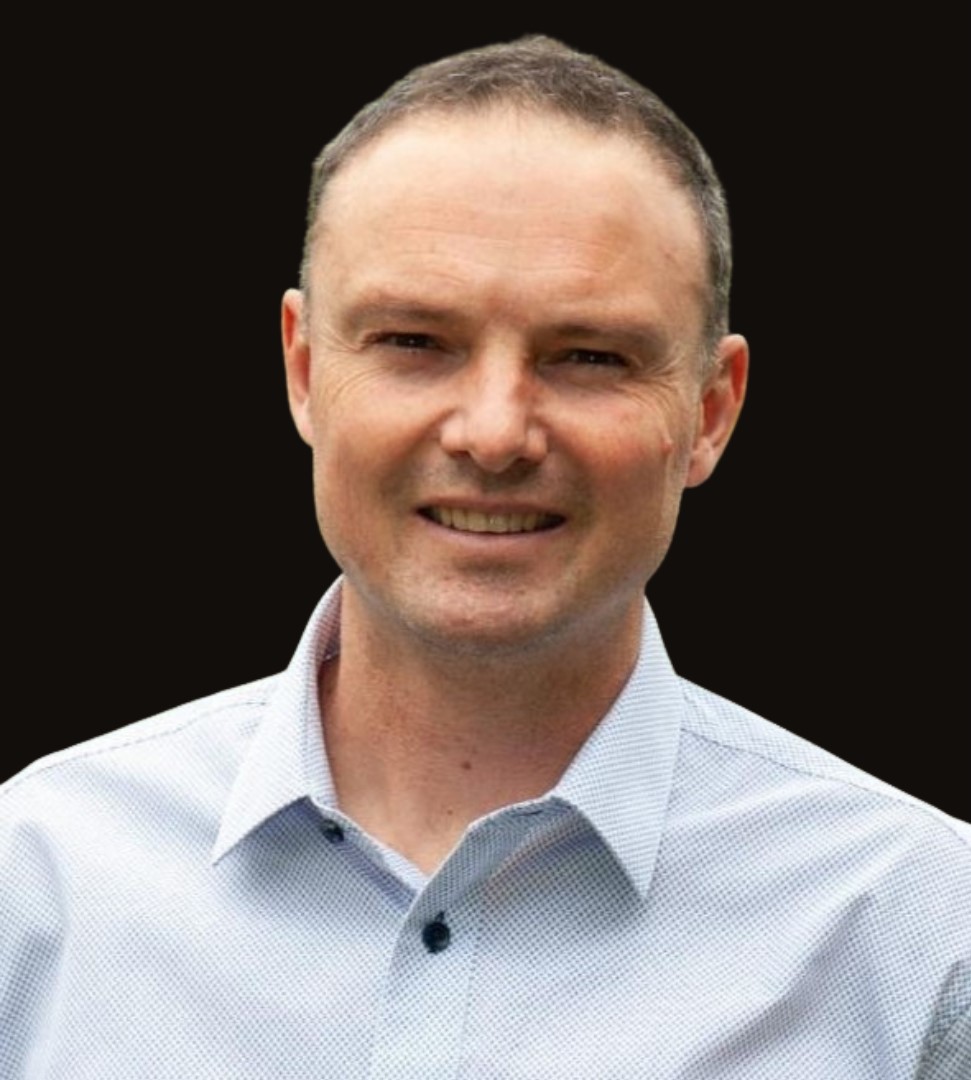
Dr. Matt Watson, founder of NILO and Aspiring Materials. Lectures Advanced Energy Processing. Researches industrial decarbonisation.
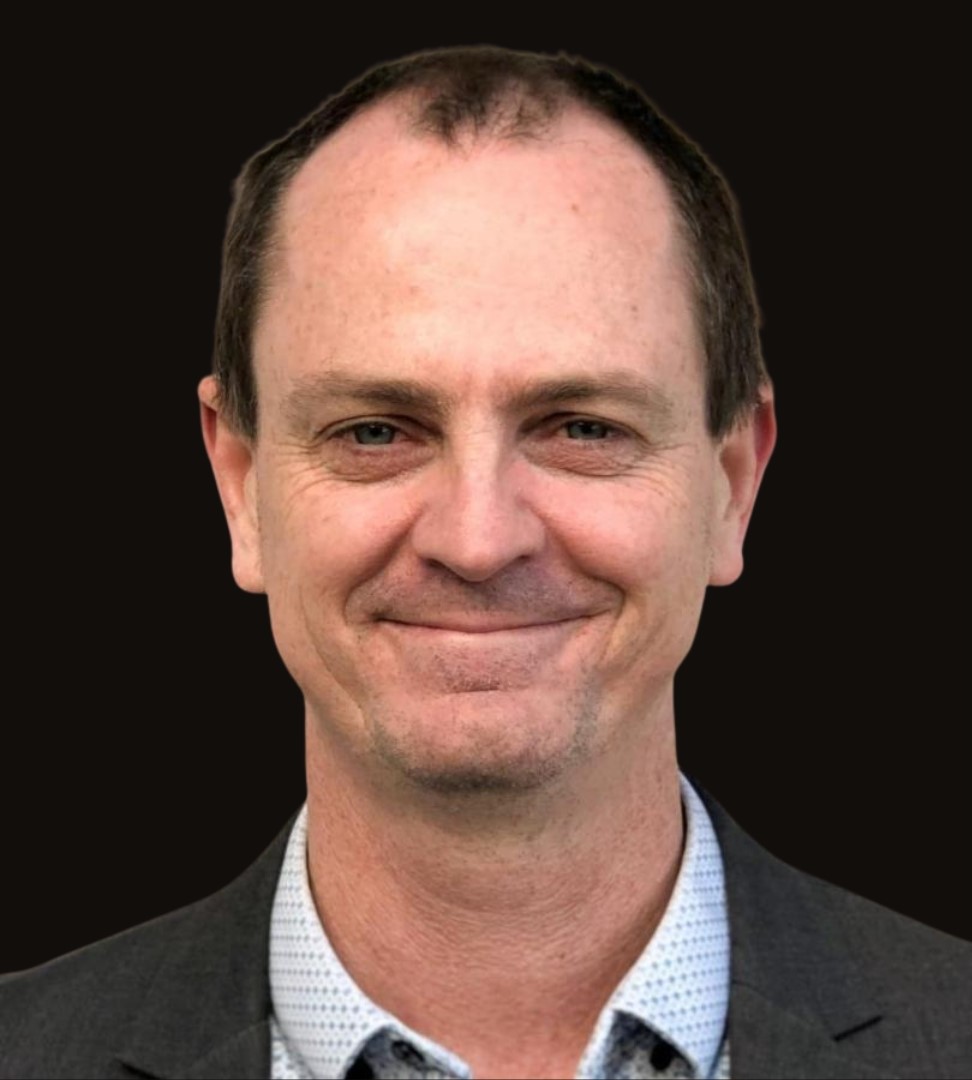
Dr. Enda Crossin, formerly at the University of Queensland. Lectures Sustainable Systems in Engineering. Researches environmental life cycle assessment.
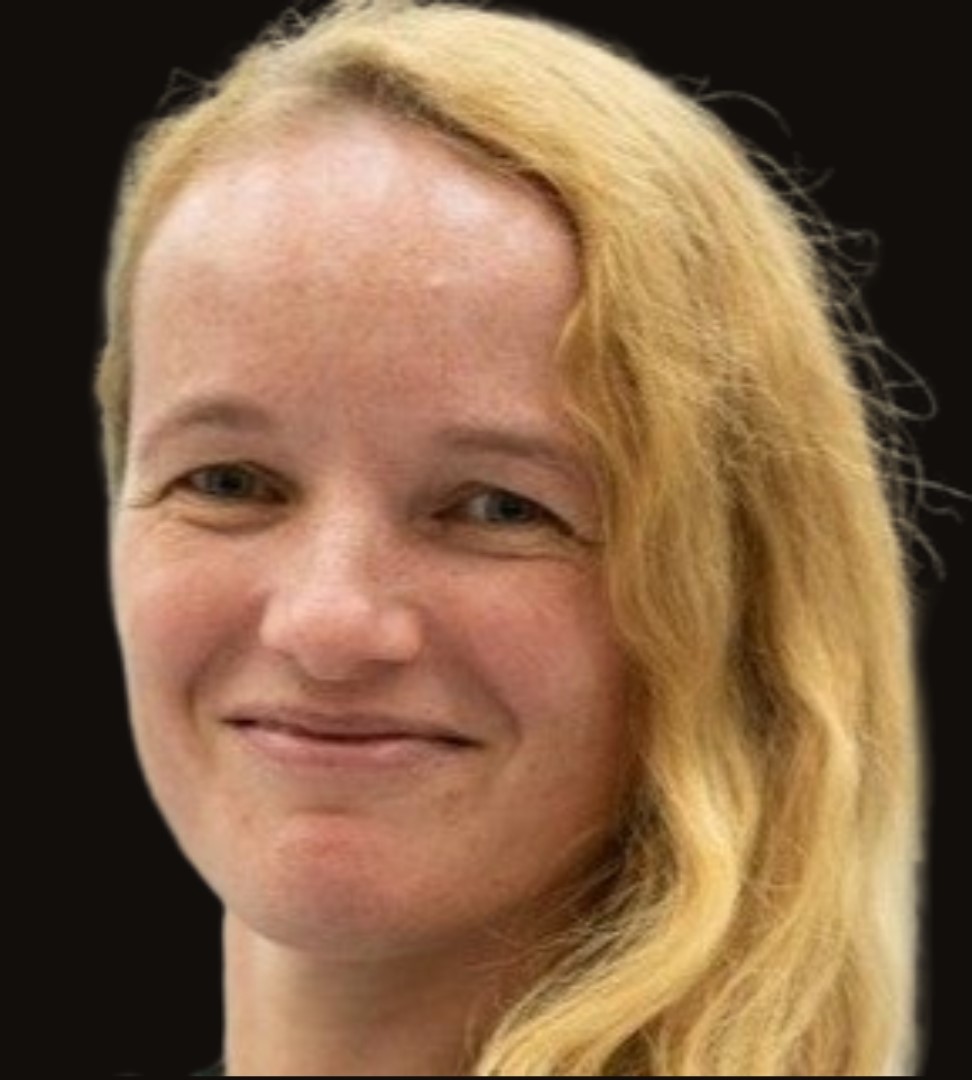
Dr. Christina Dunker, formerly at RocketLab. Lectures Wind Resources Modelling. Works for the space industry.
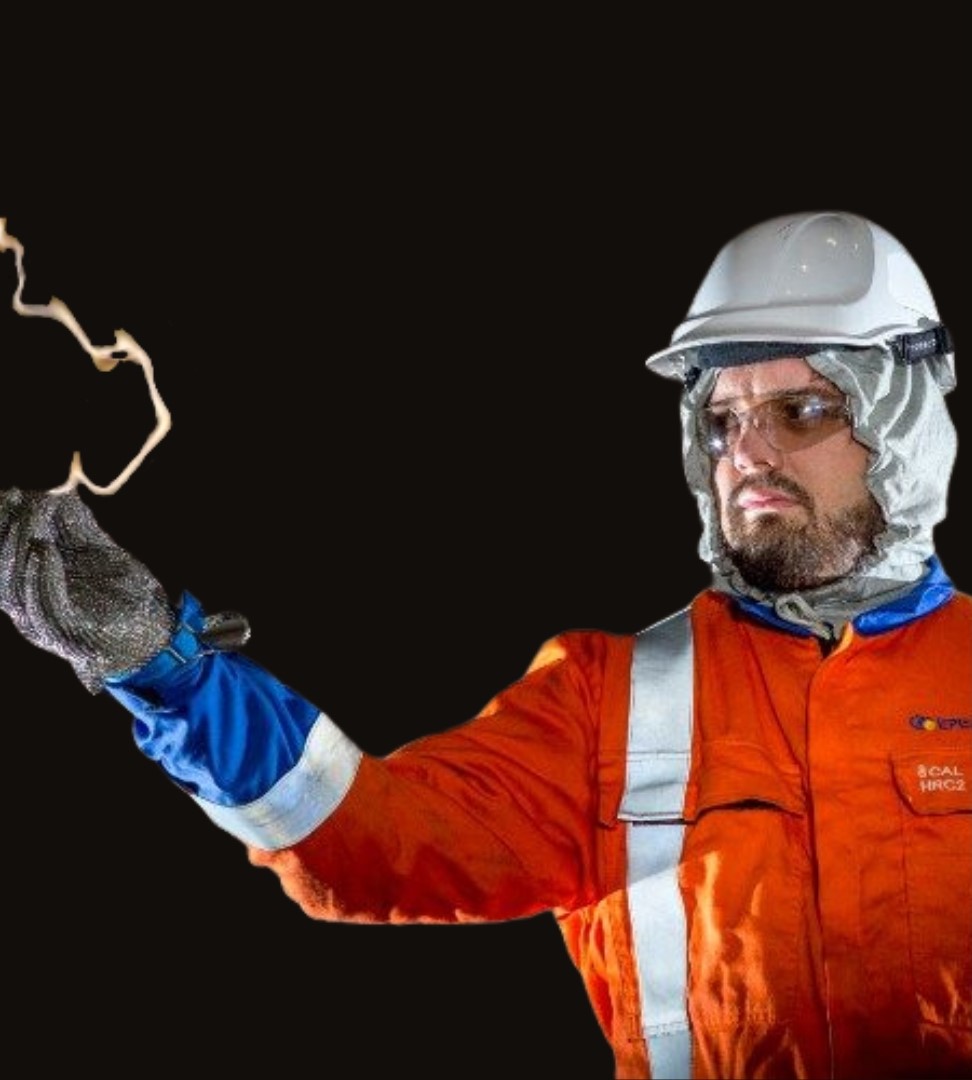
Dr. Andrew Lapthorn, Director of the High Voltage Lab. Lectures Renewable Electricity System Design. Researches high voltage technologies.
PhD in Renewable Energy Engineering
Advance the future of energy: Do a PhD in Renewable Energy Engineering at the University of Canterbury.
Our PhD in Renewable Energy Engineering is designed for visionary leaders and researchers who are driven to shape the future of global energy systems. This program offers cutting-edge research opportunities, access to state-of-the-art facilities, and interdisciplinary collaboration with world-renowned experts.
Your first steps towards a PhD involve finding a supervisor for your topic (see our research groups below) and exploring our PhD scholarships.
Past events
- New Zealand Hydrogen Symposium (NZHS3): 3-5 February 2025. This is New Zealand's main conference on hydrogen research, organised by the Sustainable Energy Research Group SERG.
- UC live webinars. Next webinar on the Master and PhD programmes in renewable energy, to be announced.
Research groups on Renewable Energy
Contact us
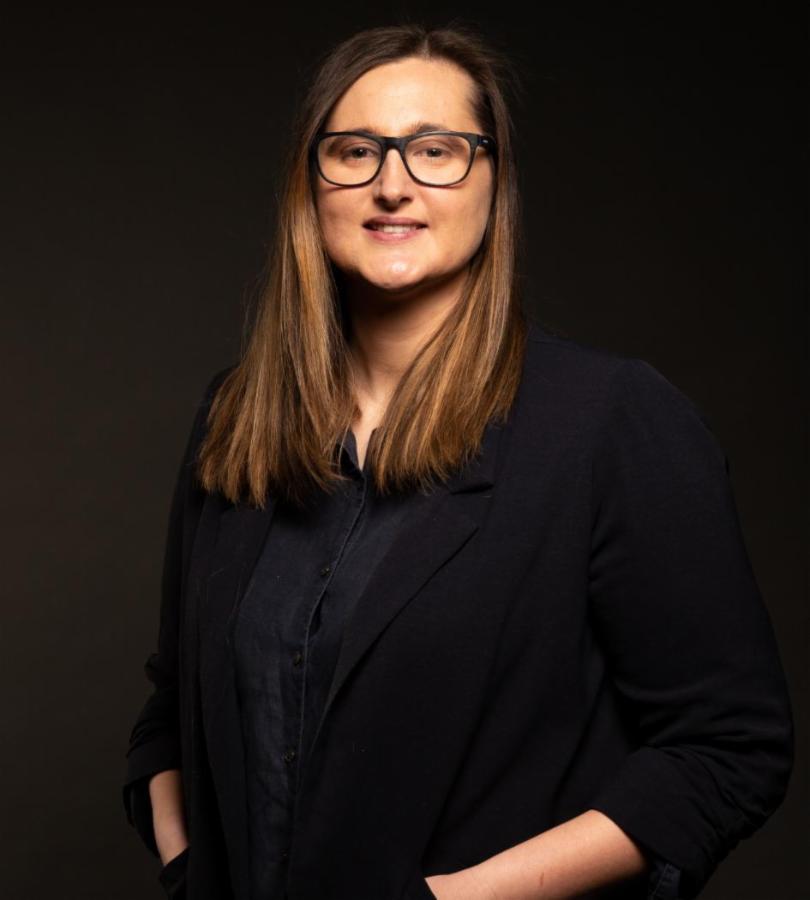
Programme Administrator
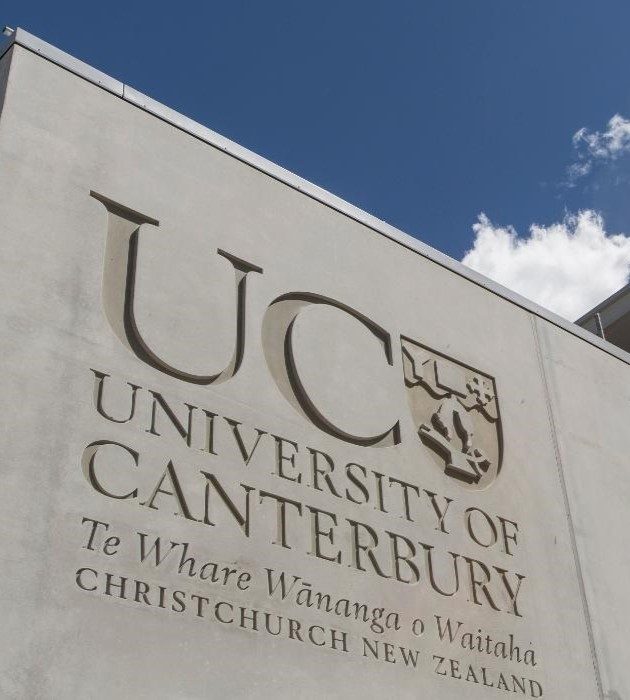
Future Students Office

